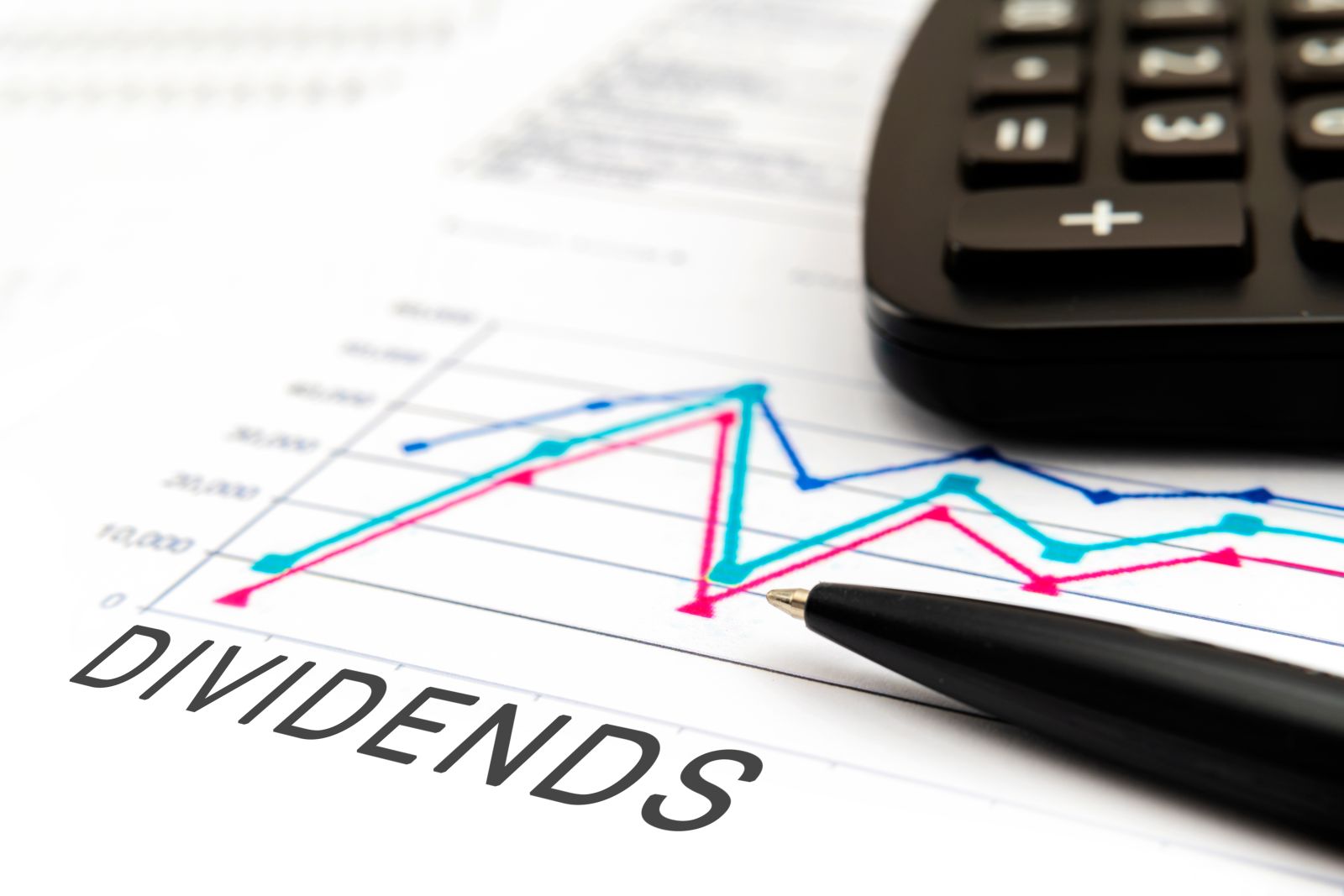
Berkshire Hathaway (BRK.B), which is run by Warren Buffett, holds stakes in several publicly traded companies, and many of these have a decent dividend yield. This, of course, includes long-time holdings like Kraft-Heinz (KHC) and Coca-Cola (KO). However, the single biggest contributor to the conglomerate’s dividend pie is Bank of America (BAC), which is Berkshire's second-largest holding overall, after Apple (AAPL).
While Buffett has greatly trimmed his bank holdings, Citigroup (C) is a relatively recent investment, as the conglomerate first bought a stake in 2022. The purchase came amid the bank’s transformation under CEO Jane Fraser, who is trying to simplify the reporting structure, as well as lower its cost base.
Those efforts have finally started to show in Citi’s stock price, and it's up nearly 30% for the year, outperforming the S&P 500 Index ($SPX) as well as its banking peers like JPMorgan Chase (JPM) and Wells Fargo (WFC).
Citi has a forward dividend yield of 3.4%, which is over twice that of the S&P 500 Index, and also ahead of most other banks. Is Citi stock a buy for its healthy dividend yield? We’ll discuss in this article.

Citigroup’s Transformation Is a Multi-Year Process
To be sure, “turnaround” or “transformation” can be quite an overused and abused word in the corporate world. By definition, these are multi-year plans to resurrect a business - but many a time, these strategies don’t go as planned.
Fraser has been quite clear that the bank's transformation will last for many years, and results won’t be linear. She has also admitted that a lot of work still has to be done in some fields. As part of the transformation, Citi announced its exit from consumer banking in several international markets, and has already completed the bulk of those divestitures. It has also laid off employees, and made the company a lot more agile and transparent.
These actions are having a short-term impact on the bank's performance, including in the form of restructuring costs. However, once completed, they will lead to structural cost savings. For instance, while Citi’s earnings per share (EPS) is expected to rise by only 3.9% in 2024, analysts expect the metric to rise by 22% in 2025.
C Stock Looks Quite Cheap
During the Q1 earnings call in April, Citi said that its tangible book value per share is $86.67, which implies that the stock currently trades at less than 75% of its tangible book value. Its price-to-book value multiple is 0.65. For context, BAC, WFC, and JPM respectively trade at a price-to-book multiple of 1.21x, 1,29x, and 1.95x. Usually, a price-to-book multiple below 1 is seen as a sign of undervaluation.
This isn't the first time Citigroup has traded at a discount to its peers - which is not surprising, looking at some of its other multiples. For instance, its return on assets (ROA) is a mere 0.49% - well below JPMorgan’s 1.34%, and Wells Fargo’s 1.25%. Citi’s return on equity is only 6.17%, which is less than half of Wells Fargo, and nearly a third of JPMorgan Chase. The company's profit margins also lag other banks.

Citigroup Should See a Valuation Rerating
Citigroup’s forward price-to-earnings multiple of 11x is only a slight discount to its peers. However, its price/earnings-to-growth (PEG) multiple is below 1x, which is another sign of undervaluation - and in fact, the multiple is the lowest among major U.S. banks.
At the same time, Citi is working on improving its sagging growth and low return ratios, and is targeting a medium-term revenue growth CAGR between 4%-5% and a return on tangible capital between 11%-12%.
While the company is yet to reach these goals – especially the return on capital – it appears to be on the right path. I believe that Citigroup should see a valuation multiple rerating as its transformation starts to be reflected in its financials.
Citigroup Stock Forecast
Wall Street analysts have given Citigroup stock a consensus rating of “Moderate Buy.” Of the 22 analysts covering C stock, 11 rate it as a “Strong Buy” and 1 more as a “Moderate Buy.” The remaining 10 analysts rate the stock as a “Hold” or some equivalent.
Citi’s mean target price of $66.50 is just about even with Tuesday’s closing prices, but we should see analysts bump up their target prices following the upcoming Q2 earnings report.

As for dividend investors, Citi’s current yield of 3.4% stands out from other banks. Notably, after the Fed’s stress test last month, Citi announced an increase in its quarterly dividend from 53 cents to 56 cents which, subject to the board approval, would be paid from the third quarter.
Overall, Citi is one Warren Buffett stock that brings both a fat dividend yield and prospects of capital appreciation to the table. While the stock has seen some rerating over the last year, it still has more room to run as its valuations play catch-up with those of its peers.
On the date of publication, Mohit Oberoi had a position in: C , BRK.B , AAPL . All information and data in this article is solely for informational purposes. For more information please view the Barchart Disclosure Policy here.






